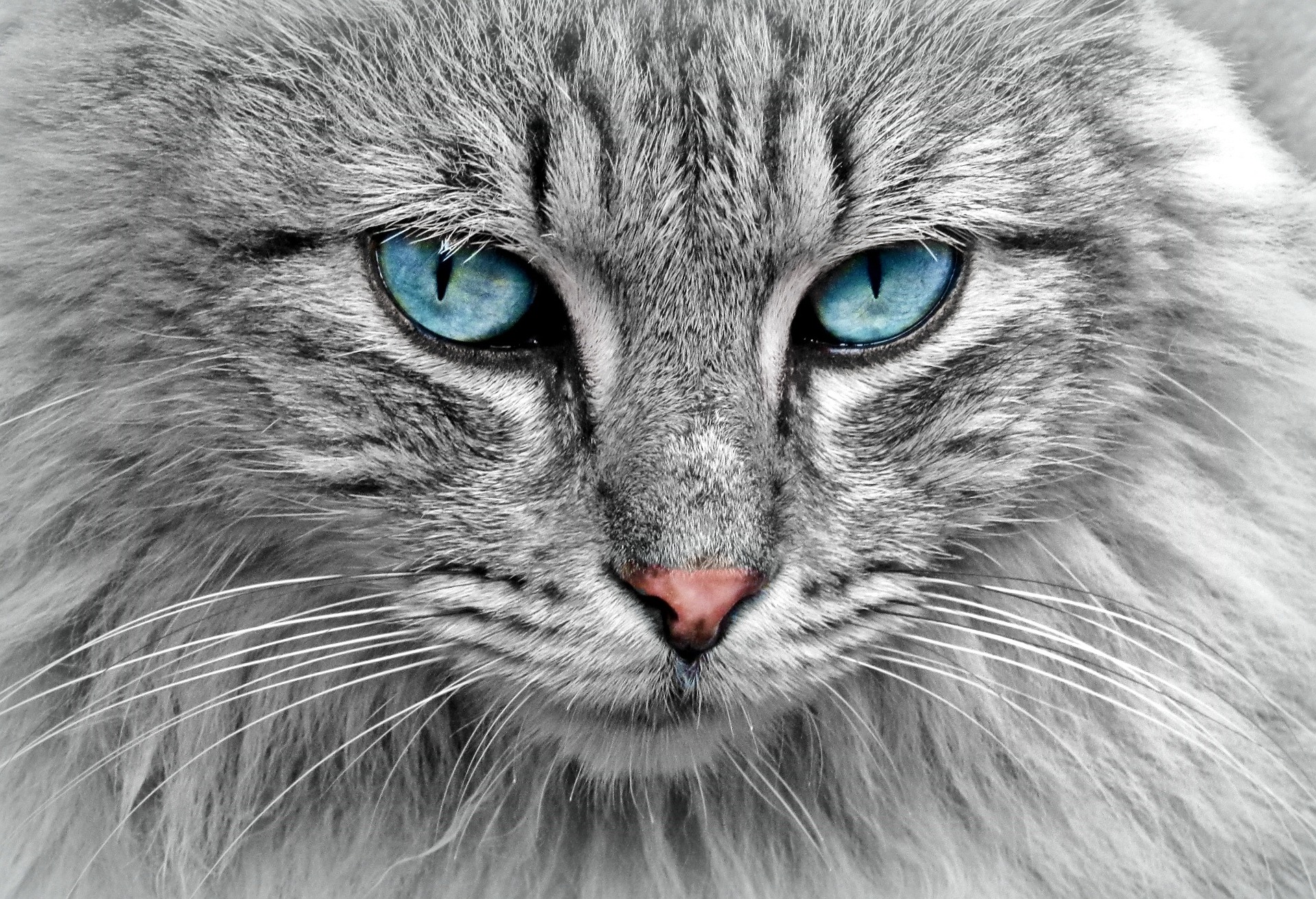Understanding Breed-Specific Health Concerns: A Guide for Pet Owners and Breeders
Understanding Breed-Specific Health Concerns: A Guide for Pet Owners and Breeders
Breed-specific health concerns are inherited conditions that can affect a pet’s quality of life. This guide explains why certain dog and cat breeds are more prone to health problems, outlines specific health issues, and provides actionable steps to reduce risks through responsible breeding and proactive care.
Why Do Breed-Specific Health Concerns Exist?
Breed-specific health issues arise because of genetic predispositions passed down through generations. Selective breeding to enhance desirable traits—such as coat color, size, or temperament—can inadvertently increase the risk of hereditary health issues.
For example:
• Bulldogs, bred for their flat faces, are more likely to suffer from breathing problems caused by a genetic condition called flat-faced syndrome.
• Persian cats, cherished for their long coats and flat facial structures, are prone to eye and respiratory health problems.
While breed standards emphasize physical and behavioral traits, they sometimes lead to potential health issues by amplifying genetic mutations or limiting genetic variation.
Common Health Issues in Popular Dog Breeds
Many dog breeds are known for specific health concerns. Here are examples of common health issues and their associated risk factors:
• Labrador Retrievers often experience hereditary joint conditions like hip and elbow dysplasia.
• Bulldogs frequently face flat-faced syndrome, causing respiratory issues.
• German Shepherds are at risk for degenerative myelopathy, a genetic nerve condition affecting mobility.
• Dachshunds are prone to back problems, such as spinal disc disease, due to their elongated body structure.
• Golden Retrievers may develop genetic heart conditions or progressive cancers.

Common Health Issues in Popular Cat Breeds
Cats are also susceptible to breed-specific health concerns. Here are some examples:
• Persian cats face respiratory problems and eye conditions due to their flat faces.
• Maine Coons are at risk for hypertrophic cardiomyopathy (HCM), a genetic heart condition.
• Siamese cats may develop progressive retinal atrophy (PRA), a genetic eye disorder.
• Bengals are prone to hereditary hip dysplasia, which affects mobility.
• Ragdolls frequently face polycystic kidney disease (PKD), an inherited health condition.

How Responsible Breeding Reduces Hereditary Health Issues
Breeders play a critical role in reducing the risk of genetic diseases and ensuring a better quality of life for future generations of pets. Here’s how:
1. Genetic Testing and Screening
Genetic screening helps identify single-gene disorders and genetic mutations that contribute to common health issues. Breeders can use these tests to make informed decisions and reduce the risk of hereditary health problems in puppies or kittens.
2. Health Testing for Common Conditions
Regular health testing, such as hip evaluations, cardiac exams, and blood tests, helps detect potential health conditions early. For example, screening Labrador Retrievers for hip dysplasia significantly lowers the risk of passing this joint condition to offspring.
3. Outcrossing to Reduce Risk Factors
Outcrossing—introducing new genetic variations into breeding programs—lowers the likelihood of inherited health problems caused by inbreeding. Breeders of smaller dog breeds or rare cat breeds often rely on this technique to improve genetic diversity.
Proactive Care for Pet Owners
Understanding the risk factors for breed-specific health concerns is essential for pet owners. Proactive care can help mitigate potential health issues in dogs and cats:
1. Regular Veterinary Health Care
Routine vet visits are critical for early detection of hereditary health conditions. Discuss your pet’s breed and specific health risks with your veterinarian to develop a tailored care plan.
2. Weight Management to Reduce Risk
Obesity exacerbates health conditions like hip dysplasia, diabetes, and heart disease. A healthy diet and portion control are essential for managing your pet’s weight.
3. Targeted Exercise for Breed-Specific Needs
Different breeds require different exercise routines to stay healthy:
Bulldogs and other flat-faced breeds should avoid intense physical activity to prevent respiratory distress.
German Shepherds and other large breeds benefit from low-impact activities like swimming to minimize joint strain.
4. Specialized Diets for Common Health Issues
Certain breeds benefit from tailored diets that address genetic predispositions:
Maine Coons can benefit from heart-healthy diets to lower the risk of hypertrophic cardiomyopathy.
Dachshunds may require joint-support supplements to reduce spinal stress.
Debunking Common Myths About Genetic Health Concerns
1. Myth: Only purebred pets face hereditary health issues.
o Fact: Mixed-breed pets can also inherit genetic conditions, especially if both parents share similar risk factors.
2. Myth: All pets of a specific breed will develop health problems.
o Fact: While certain breeds are more prone to health issues, proactive care and genetic testing can significantly reduce risks.
3. Myth: Genetic screening guarantees a disease-free pet.
o Fact: Although screening helps lower risks, environmental factors and health care also play vital roles.
Taking Action to Improve Pet Health
Understanding common health issues and genetic disorders in popular dog and cat breeds is the first step toward responsible pet ownership and breeding. By prioritizing genetic screening, addressing risk factors, and tailoring care to each breed’s needs, breeders and pet owners can significantly improve the quality of life for pets.
If you’re considering adopting a pet or working with a breeder, ensure that health testing and genetic evaluations have been performed. For pet owners, partnering with your veterinarian for regular health care and staying informed about potential health risks can make a significant difference.


No Comments ( as of 4/18/2025 3:10:02 AM )